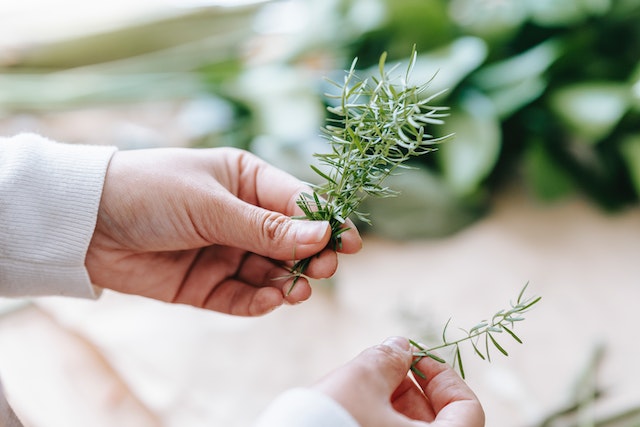Introduction: Gardening is a rewarding and fulfilling activity that allows us to connect with nature, beautify our surroundings, and cultivate our own food. However, even the most experienced gardeners can make small errors that impact the health and productivity of their garden. In this article, we will explore a common mistake that gardeners often make and provide suggestions on how to avoid it.
The Small Error: Neglecting Soil Health One of the most common errors in gardening is neglecting the health of the soil. Soil serves as the foundation for healthy plants, providing essential nutrients, water retention, and a suitable environment for root development. Unfortunately, many gardeners focus solely on plant selection and watering, overlooking the importance of maintaining soil health.
Consequences of Neglected Soil: When soil health is neglected, several negative consequences can arise. The soil may become compacted, inhibiting root growth and reducing the plant’s access to essential nutrients and water. Additionally, depleted soil may lack the necessary organic matter, leading to poor drainage and increased susceptibility to pests and diseases. Over time, the overall productivity and vitality of the garden can decline.
Preventing the Error: To avoid neglecting soil health, consider the following practices:
- Soil Testing: Conduct regular soil tests to determine its pH level and nutrient composition. This information will help you make informed decisions about fertilization and soil amendment requirements.
- Organic Matter: Incorporate organic matter, such as compost, into the soil regularly. Organic matter improves soil structure, promotes nutrient availability, enhances water retention, and encourages beneficial microbial activity.
- Mulching: Apply a layer of organic mulch, such as wood chips or straw, around plants. Mulch helps regulate soil temperature, suppresses weed growth, and conserves moisture, reducing the need for frequent watering.
- Crop Rotation: Practice crop rotation to prevent the depletion of specific nutrients and reduce the risk of soil-borne diseases. Rotating crops helps maintain a balanced nutrient profile in the soil and promotes overall garden health.
- Avoid Overwatering: Excessive watering can lead to waterlogged soil, reducing oxygen availability to plant roots and promoting the growth of harmful pathogens. Water plants deeply but infrequently, allowing the soil to dry out slightly between watering sessions.
- Limit Chemical Inputs: Minimize the use of synthetic fertilizers, pesticides, and herbicides, as they can negatively impact soil health and the environment. Instead, opt for organic alternatives or explore natural pest control methods.
- Cover Cropping: During periods when your garden beds are not in use, consider planting cover crops such as legumes or clover. Cover crops protect the soil from erosion, suppress weeds, and enrich it with nitrogen when they are tilled back into the soil.
Conclusion: Maintaining soil health is crucial for a thriving and sustainable garden. By avoiding the small error of neglecting soil health, you can create a fertile environment that supports healthy plant growth, increases productivity, and reduces the risk of pests and diseases. By implementing the suggested practices, you can enjoy the rewards of a flourishing garden and take pride in your gardening achievements. Remember, a little care and attention to the soil can go a long way in creating a vibrant and bountiful garden.












